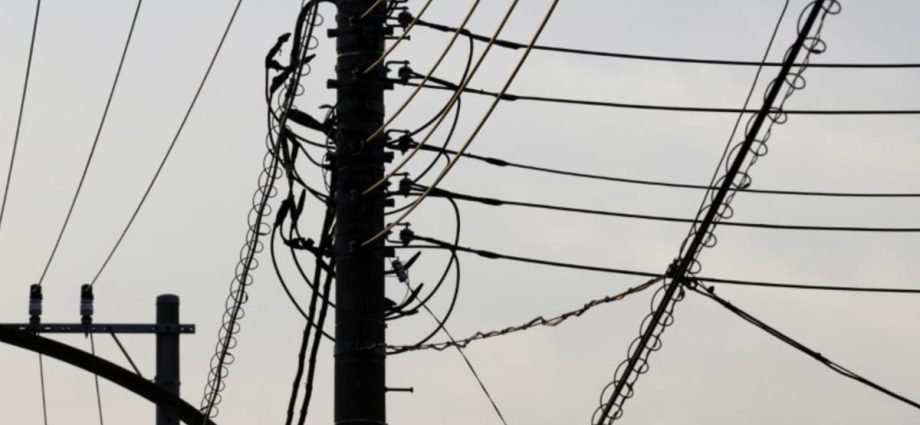
Tokyo: According to the government, Japan needs to see an increase in electricity output of 35 % to 50 % by 2050 as a result of the country’s growing demand for semiconductor factories and data centers that support artificial intelligence ( AI ).
To meet demand as Japan establishes more data centers, chip factories, and other energy-consuming enterprises, the government said in a document released late on Monday ( May 13 ) that the output should increase from the projected 1 trillion kilowatt-hours (k Wh ) output for the current decade to about 1.35-1.5 trillion kWh in 2050.
According to the document, the demand increase would be the first in 20 years and may necessitate significant power-source investments.
As the state began developing a new decarbonization and business plan by 2040, which it intends to finalize by the end of March, steady supply of power may be ambiguous, according to the authorities.
A law passed last year in Japan that promotes decarbonization purchases totaling more than 150 trillion yen ( US$ 962 billion ) in the public and private businesses over the course of ten years, is a major reliance on the Middle East for fossil fuel resources.
According to the report, the nation is relying on the introduction of next-generation units, floating offshore wind farms, resets of nuclear power plants, and the development of perovskite solar cells to meet the demand.

